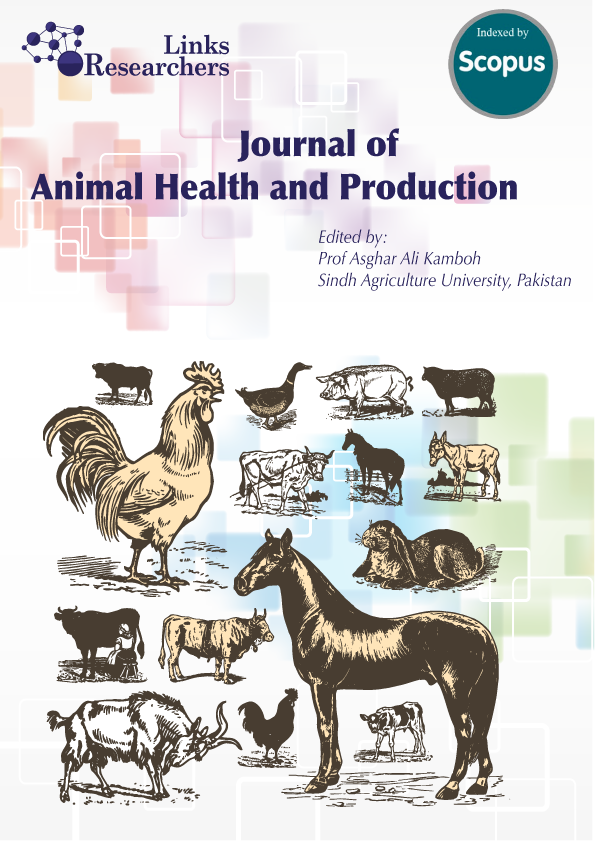Agarwood (Aquilaria crassna) Inhibits Beta-amyloid and Tau-protein Formation in a Mouse Obesity Model
Agarwood (Aquilaria crassna) Inhibits Beta-amyloid and Tau-protein Formation in a Mouse Obesity Model
Hye-myoung, Jang 1,3, Ju-Hyeun, Kim3, Garam Park1, Yoon Dong Choi4, Sun-Eui Kim1,5, Gwang Joo Jeon1,2*
ABSTRACT
Dementia related diseases such as Alzheimer’s and Parkinson’s became one of the most concerning social issues, almost a prime concern in aging era of todays as crucial as cancers. We have studied Agarwood (Aquiralia crassna) extract (AE) and its effects on prevention of dementia related diseases through ICR mice experiment. The mice were fed with 5 mg of AE per day for 16 weeks to see the effect of AE on inhibition of two major biomarkers of beta-amyloid (Aβ) and tau-protein (τ-protein) formed in the brain tissues. Under the hypothesis of obesity inducing potential dementia, mice were fed with high-fat energy diet to gain excessive weight. The experimental groups in this study are 1) high-fat diet fed only (control) and 2) high-fat diet fed with AE added (AE group). After the experiment was terminated, they were slaughtered and brains were obtained. Throughout the experiment, measured were changes of body weight, blood chemical compositions, Aβ and τ-protein expression. Western blot assay was made for Aβ and τ-protein expression. For blood chemical compositions, both LDL and HDL tended to increase in AE group than those in the control. Though body weights increased in the AE group than those in the control, AE significantly reduced both Aβ and τ-protein formation at p=0.05, indicating potentially preventative and medicinal effects of Agarwood against Alzheimer’s and other dementia related diseases. Aβ and τ protein formation in AE group were significantly decreased than those in the control group.
Keywords | Agarwood, Beta-amyloid (Aβ), Tau-protein, Dementia, Obesity
To share on other social networks, click on any share button. What are these?






